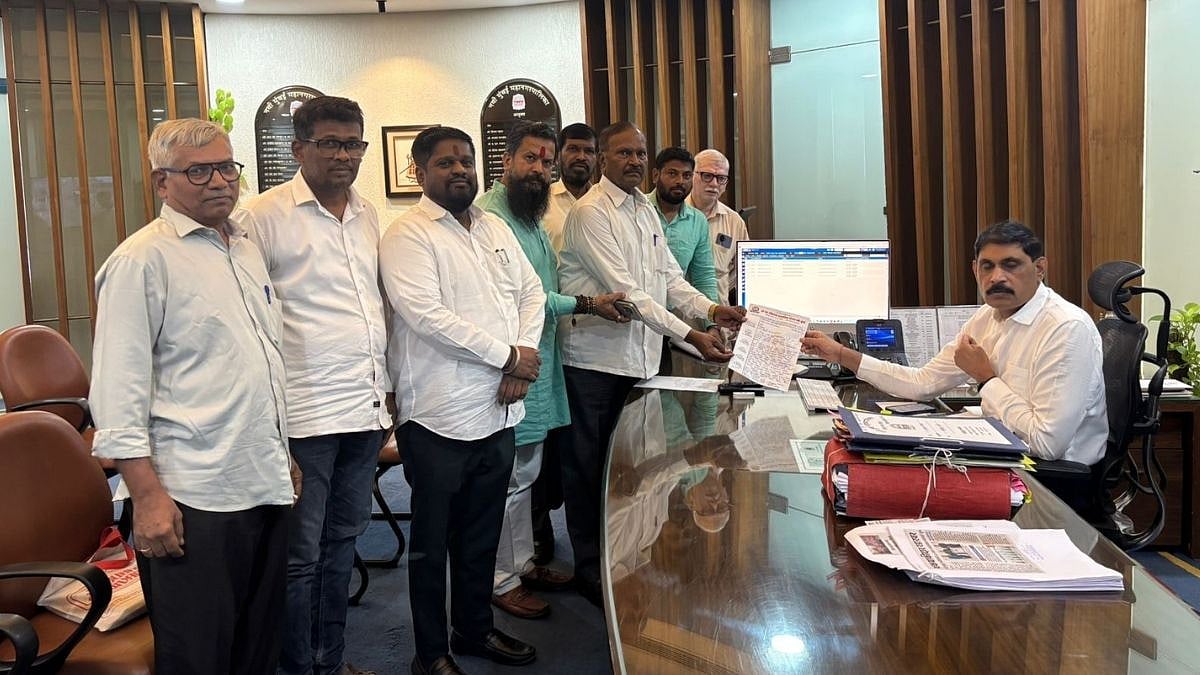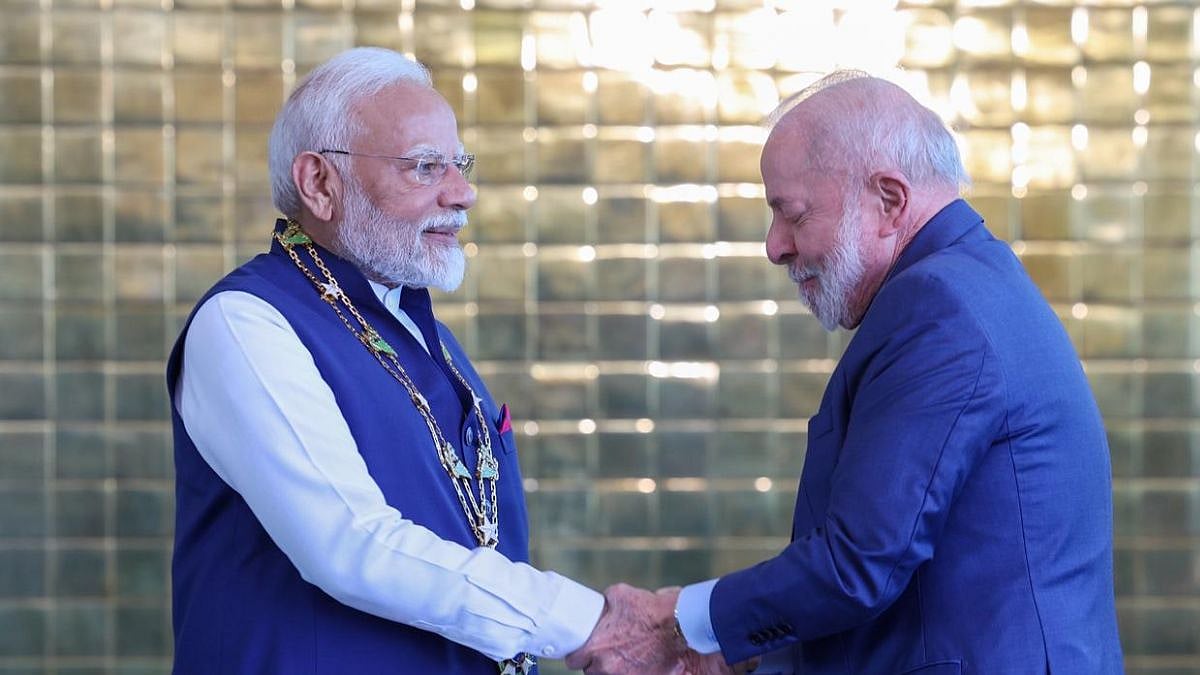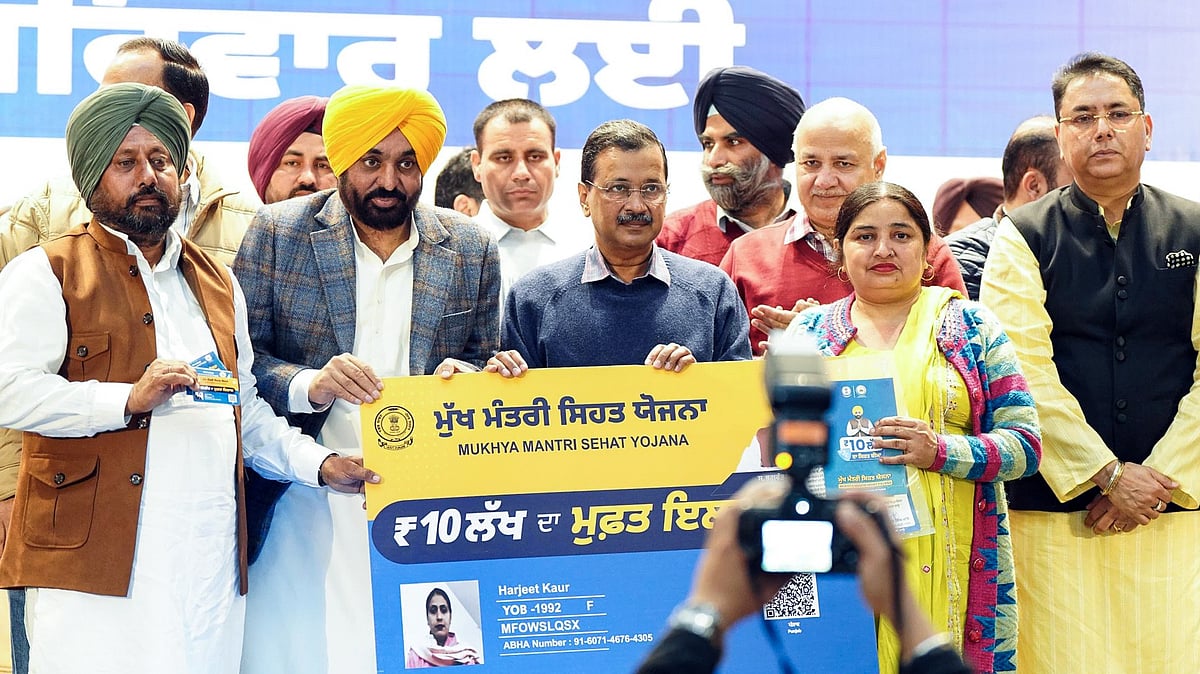Mumbai’s Wankhede Stadium has witnessed several great passages of play. Last weekend, Mumbai-born left-arm spinner Ajaz Patel, playing for New Zealand, became only the third cricketer to take all ten wickets in an innings when he bowled out India at the Wankhede. It was a proud moment for Ajaz and for Mumbai, and world cricket.
Ajaz’s incredible achievement also led to a debate. It so happened that despite Ajaz’s heroics, India thrashed New Zealand by a huge margin of 372 runs inside four days. Many, including experts and journalists (these are two different species), questioned a member of the winning team getting the man-of-the-match award.
Ajaz’s incredible, once-in-a-lifetime achievement should have been taken into account. So what if his team lost? There cannot be any other man-of-the-match after someone has taken all ten wickets in an innings, they argued.
This reaction is so typical of a nation that doesn’t love sports as much as it worships the people who play sports. Individual glory, even in a team sport, is supreme for us. That’s why we are so keen to see Virat Kohli break Sachin Tendulkar’s batting records or R Ashwin going past Anil Kumble’s number of wickets. It’s all about numbers, statistics, and not much about why any sport is being played in the first place: to win.
Imran Khan is a much-hated name in India but nobody can deny that as a cricketer he was second to none. In a TV interview many years ago, he had said, “For any team or for that matter an individual, the only aim should be winning. Records, etc are a byproduct of the actual process of winning. They don’t mean anything if the team doesn’t win.”
So, going back to Ajaz, he took all ten wickets. Hats off! His team got thrashed by more than 300 runs. He’d be the first to tell you that he would have preferred none for 30 instead of 10 for 119 had his team won the match.
The mindset
How does one explain India’s abysmal record at the Olympics? Of course, the obsession with cricket, the lack of sporting culture and facilities at the grassroot level, population, poverty, politics, lack of technology, and physical factors are the primary reasons. An Abhinav Bindra or a Neeraj Chopra are islands of excellence and exceptions.
However, India’s dismal Olympic record also suggests a problem with the mindset. For all these decades, merely qualifying for the Olympics was considered a massive achievement. The players who qualified were assured of jobs for a lifetime. Even now, when a P V Sindhu wins a silver or a bronze at world events, the newspaper headlines are glowing with tributes. It is perfectly fine to be second-best or third-best. Winning is not everything.
Sportspersons, not sports
Countries with a history of sporting success admire their sports heroes and heroines, but there’s a difference. Their admiration is an extension of their passion for sports itself. Australia, for example, collectively denounced its cricketing greats Steve Smith and David Warner after the ball-tampering episode. They were shamed and almost shunned by the society, and the Australian cricket team underwent a major shake-up to win back the fans’ trust.
India, as Sachin Tendulkar puts it, is a sports-loving (read sportspersons-loving) and not a sports playing nation. And that explains this irrational obsession with statistics and records.
Sticking to our strengths
Indians’ collective quest for sporting glory arises every four years, when the Olympics are round the corner. And when I say Indians, I mean the politicians who are the office-bearers of most sports associations (the ‘aam janata’ has never mattered). They slip into a lull once the Olympics are over and those who have done well are felicitated and paraded.
Shouldn’t we, as a nation, come to terms with the fact that we will primarily remain a cricket-obsessed country? Obviously, every effort should be made to improve sporting facilities at the grassroots-level and try and win more medals, but to expect 30 or 40 medals at the Olympics is not only unrealistic, it is downright idiocy. Things are improving in terms of awareness about other sports, but there’s nothing to suggest that India will do better in the next Olympics compared to what they did in the previous one.
But what we do know is that India have a great cricket team. So let’s save our throats to scream ‘Viraaaat, Viraaat ’, the next time India play.
The writer is Executive Editor, The Free Press Journal









